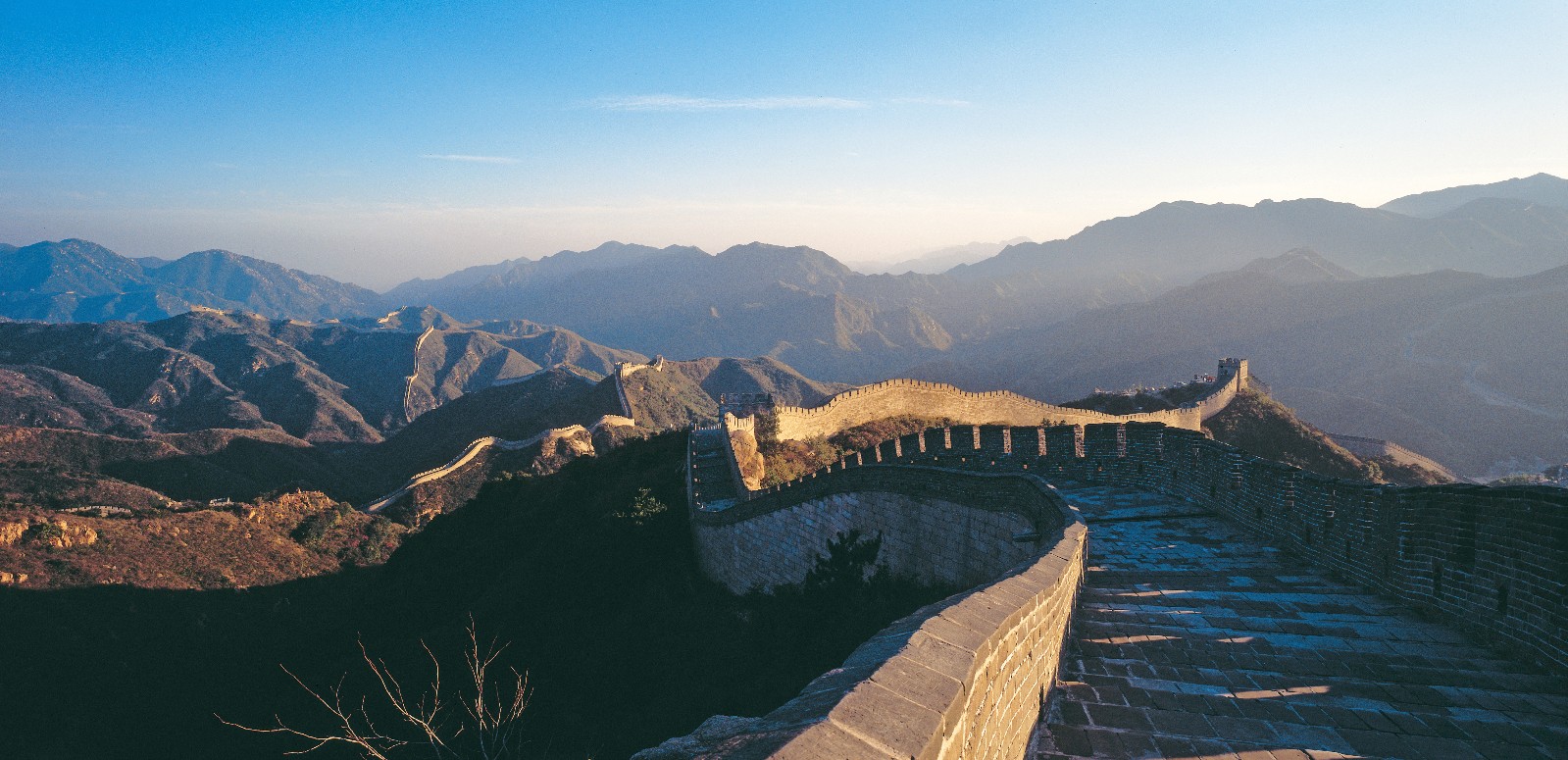Beijing, called Jing for short, known as Yanjing or Beiping in history, is the capital of the People's Republic of China, a municipality directly under the Central Government, a National Central City as well as China's center of politics, culture, international communication and technological innovation approved by the State Council of P. R. China. By 2018, the City had a permanent population of 21.542 million in its 16 districts, with 18.634 million or 86.5% in the urban areas.
Beijing in Northern China is largely surrounded by Hebei Province with the exception of bordering Tianjin to the east and neighboring Bohai Sea. It is known worldwide as an ancient capital and a modern city and is the home of the CPC Central Committee, the Central People's Government of the People's Republic of China, and the Standing Committee of the National People's Congress.
The city is embraced by hills and mountains in the west, north and northeast, with plateaus in the southeast sweeping down to the Bohai Sea. Rivers that flow through the territory, like Yongding River, Chaobai River, Beiyun River and Juma River, mostly stem from the mountainous regions in the northwest. They meander across the city through mountains and valleys in their courses southeastward to the plateau area before blending into the Bohai Sea. Typically, Beijing's climate is of the continental monsoon type in the temperate zone's sub-humid climate zone, resulting in high temperatures in rainy summers and chilly, dry winters, leaving little space for the other two seasons.
According to the latest world city ranking issued by Globalization and World Cities Research Network (GaWC), Beijing has been included into the alpha category of first-tier global cities. A UN report says that the city ranks 2nd at home in terms of human development index. In 2019, the GDP reached 3.53713 trillion yuan in the city, up 6.1% over the previous year.







